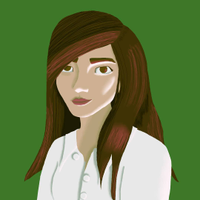This is more philosophical than practical and hopefully it’s appropriate to the community.
This is something I’ve pondered over since I was young. What first got it running through my head was when my grandfather developed COPD and at about 10 I was tasked with helping him figure out his inhalers because I already had about a decade of experience using them. He was a very physical, active man. He was a WW2 veteran, he was a master carpenter and had built his own company, he was an expert woodsman and survivalist. Then he developed COPD and then Parkinson’s. He had opportunities and accomplishments and a life that was forever closed off to me and that was a burden but I think he had at least an equal burden of having the knowledge, experience, and drive to continue to live as he previously had but no longer the physical ability. He had to relearn how to do lots of things with his new limitations as his Parkinson’s progressed and it always seemed to me that it was an advantage that I never had to relearn things, I had figured out alternatives that worked for me to begin with. The biggest advantage to our situations was that we both had someone to have real conversations with about what we were dealing with. Someone it was ok to not be ok with.
@Lemmeenym as someone in both categories, I think it matters less when you become disabled and more when you accept it. The disabilities I gained over time have been much easier for me to accept and accommodate because I was already disabled, but the years spent not knowing I was disabled at birth and trying to assimilate in abled society were hell. The actual disabilities would have been fine had I known and been accommodated, just like they’re fine now


